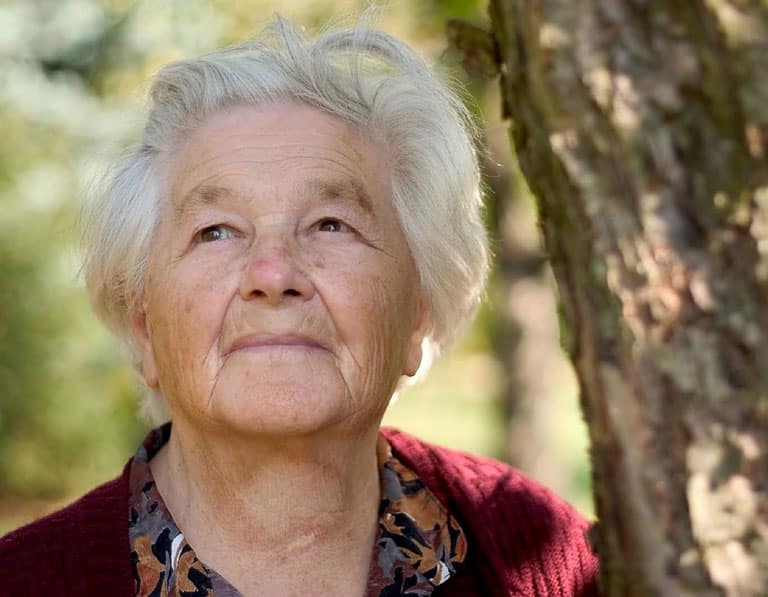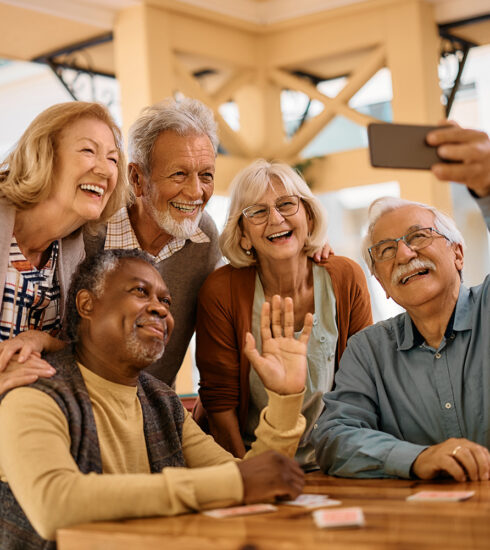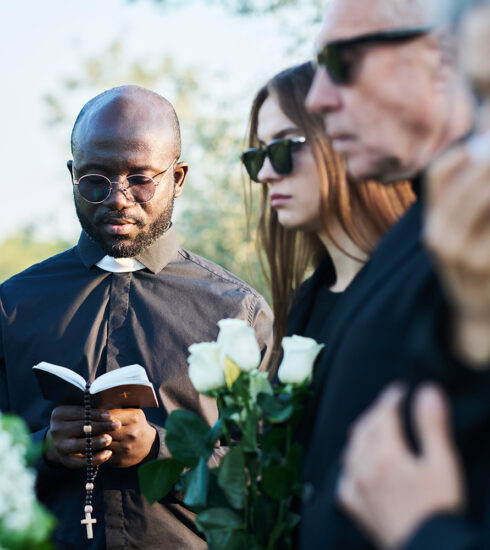Community Impact: Why You Should Reach Out to Holocaust Survivors Today
Many of us believe in supporting causes that have personal meaning to us, purchasing products from companies that exhibit social responsibility or getting involved when a national emergency hits. In fact, the U.S. Bureau of Labor Statistics found that about 62.6 million people volunteered through or for an organization at least once between September 2014 and September 2015.
While there are a multitude of causes that need volunteers, there is a large community of citizens in need of our time and contributions that are part of all our daily lives that often get overlooked: elderly Holocaust survivors.
There are more than 100,000 Holocaust survivors living in the U.S. today and an estimated one-third live at or below the poverty line. For those now into their 80s, 90s and above – they have a growing need for financial assistance with basic daily needs and growing medical bills along with the need for a support system, all to improve the quality of life.
This is an extremely urgent and time-sensitive mission – the number of Holocaust survivors grows smaller every day. Taking the opportunity to help survivors will impact us as much as it will them. You can learn a lot from spending time with this group. Listening to their experiences also helps give voice to a generation that will be lost to us in the next 10-20 years. It’s important their stories be passed onto future generations.
Integrating social good into everyday activities is often challenging based on your stage of life. Many millennials struggle to get their careers off the ground while paying off student loans. How can you give back when there is already so much on your plate?
Even though many employers are committed to being socially responsible to create a culture that interests and retains millennial employees according to the Millennial Impact Report 2015 Six-Month Update, millennials are still looking for other opportunities to “do good”.
Now, more than ever, it is important for millennials to give back to our older generations and build relationships and help them – and there are several ways they can do so.
The smallest gesture can have a big impact
Setting up a recurring donation (any amount helps!), sending a card, whether it be for a birthday or another holiday, is a way to reach some of society’s frailest and most isolated groups. Many have not embraced technology, but receiving a card in the mail is an easy way to connect with them and can put a smile on their face for days.
Running to the grocery store might be an annoying errand for most, but for elderly Holocaust survivors it can be extremely difficult. Often, they have difficulty getting to the store and once they are at the store it can be an overwhelming experience. There is a fear of falling or managing the crowds, and the cost of food is constantly rising. Having a companion to drive them to the store and then stay with them not only makes this necessary errand easier, but it also makes it more enjoyable.
Companionship extends beyond trips to the grocery store. Visits to hospitals or nursing homes greatly benefit this group. Psychology Today reported that companionship is a basic relationship need. Providing companionship to elderly Holocaust survivors produces strong emotional benefits for a group that already went through so much.
The power of listening will help future generations
After liberation, many Holocaust survivors did not speak about their experiences because they were too horrifying. As time went on some survivors were more open to sharing what they went through. Unfortunately, the window to hear first-hand testimonials is quickly closing as survivors continue to pass. Storytelling is important psychologically to work through the emotional burden of surviving the Holocaust.
Everyone deserves to tell their story. These stories are a crucial part of history and should be listened to, recorded and shared with future generations. Connect with survivors so that their stories will live on after they are gone.
Reach out to an organization that has a presence in your local community
Connecting with organizations like The Blue Card is one of the best ways to learn where resources of time or money can be best put to good work. You can visit VolunteerMatch.org to help you find the perfect organization to get involved with, or search sites like Charity Navigator and the Better Business Bureau to find charities that are highly rated or accredited. Whether it be a national or local organization, there are so many ways to connect with survivors.
Participate in activities that give you joy
Today organizations host so many fun events. Volunteers can fundraise through so many different events such as charity walks or runs, dinners, shows, carnivals and even pub crawls. In fact, the Millennial Impact Report from 2013 found that 64% of millennials surveyed fundraised for walk/run/cycling events for charity. You can have fun, and bring your friends, all while giving back.
If shopping gives you joy, then you can also give back while shopping online. Many organizations, including The Blue Card, participate in programs such as Amazon Smile. When you enroll in the program, part of your eligible purchases will be donated to the charitable organization of your choice.
There are so many ways to connect and give back to Holocaust survivors and the elderly. Find what works best for you and give back while you can, unfortunately time is running out.









